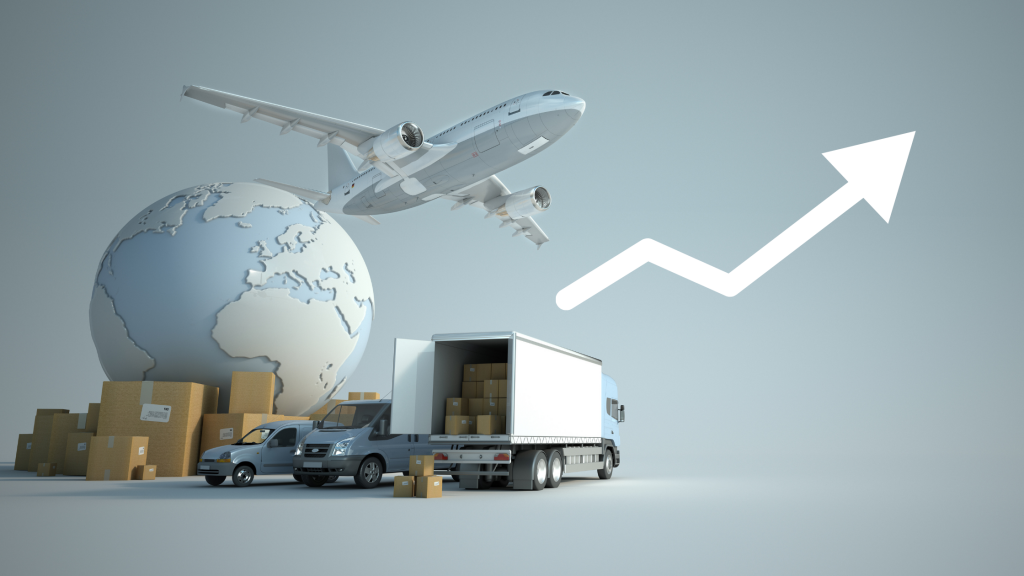The German economy has entered its third year with Covid. The markets are still volatile. The past twelve months have been characterised by lockdowns and supply bottlenecks, from which the logistics industry has suffered noticeably. Reliable forecasts on economic development are therefore difficult to make. On the basis of studies by market research institutes, associations and financial companies as well as expert surveys, the logistics experts have nevertheless provided an assessment of the “state of logistics” for the current year. The expert group came to the following conclusions:
Slightly positive development
The logistics experts expect logistics to grow by 5.2 to 5.8 percent in nominal terms this year, or by a maximum of 2.1 to 3.0 percent in real terms. The growth drivers of the gross domestic product are above all the sectors that experienced significant slumps during the Covid crisis. According to current data, logistics is not one of the big pandemic losers, which is why the real forecast for 2022 seems relatively low. The experts see the reason for the – albeit only slight – positive development mainly in the improved procurement situation that emerged over the course of the year, in growing private consumption and in investments. However, significant cost increases will also have a significant (negative) impact on growth.
Supply chain recovery
The Council of Experts assumes that the raw material and component bottlenecks will ease in the course of the year and that logistical services for the automotive industry and for industrial goods will then be in greater demand. Until then, industry and trade will continue to build up high safety stocks.
Catching up on private consumption
According to logistics, the pandemic will become less important in 2022, so that a boom in the consumption of consumer goods can be expected. This will be driven in particular by private households, which have put money aside in 2021 and now have the greatest need to catch up with an increased propensity to buy. In addition, the investment gaps that arose during the Corona crisis will continue to be closed in the current year. The accompanying performance demands on logistics would have an additional positive impact on development. Thus, speed, flexibility and segmented structures – known from B2C e-commerce – are now noticeably transferred to the B2B market. This is also being felt in consumer goods logistics, which, for example, is becoming more and more complex due to ultra-fresh products, food delivery services or quick commerce, albeit still at a low level.
Significant cost increases
According to logistics experts, it can be assumed that logistics will become fundamentally more expensive for most sectors. In particular, the bottlenecks in transport capacities, the shortage of skilled workers, the price increase for fuel and the higher complexity due to smaller shipments would already lead to higher expenses for the same service for companies. The hoarding of goods at the trading levels and in procurement will continue in 2022, which will be reflected in warehousing costs – including higher construction and space costs. The advancing digitalisation is also causing IT costs to rise – and at a high rate. The growing costs of the energy transition will also be increasingly felt this year.
In the coming months, the detailed discussion on the development of the logistics sector for the current year will be published, which will be available for download on the website of the expert group.

